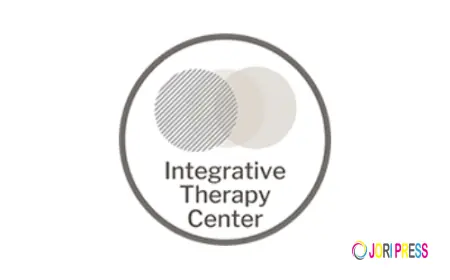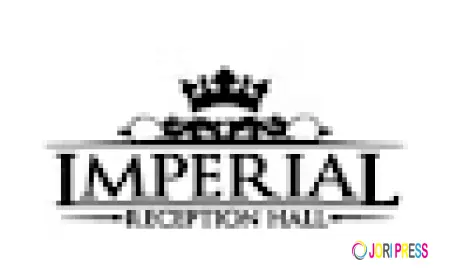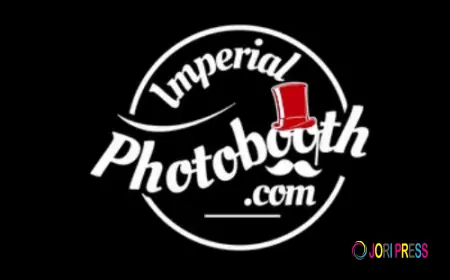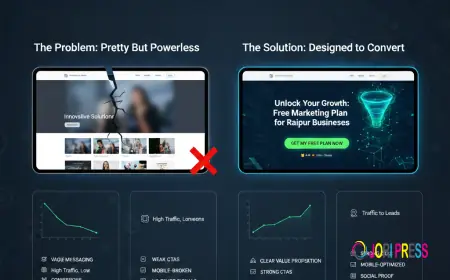Top 20 Companies in DiGeorge Syndrome Drug Market 2025: Statistics Report 2035
The Global DiGeorge Syndrome Drug Market Size is Expected to Grow from USD 365.38 Million in 2024 to USD 723.90 Million by 2035, at a CAGR of 6.41% during the forecast period 2025 To 2035
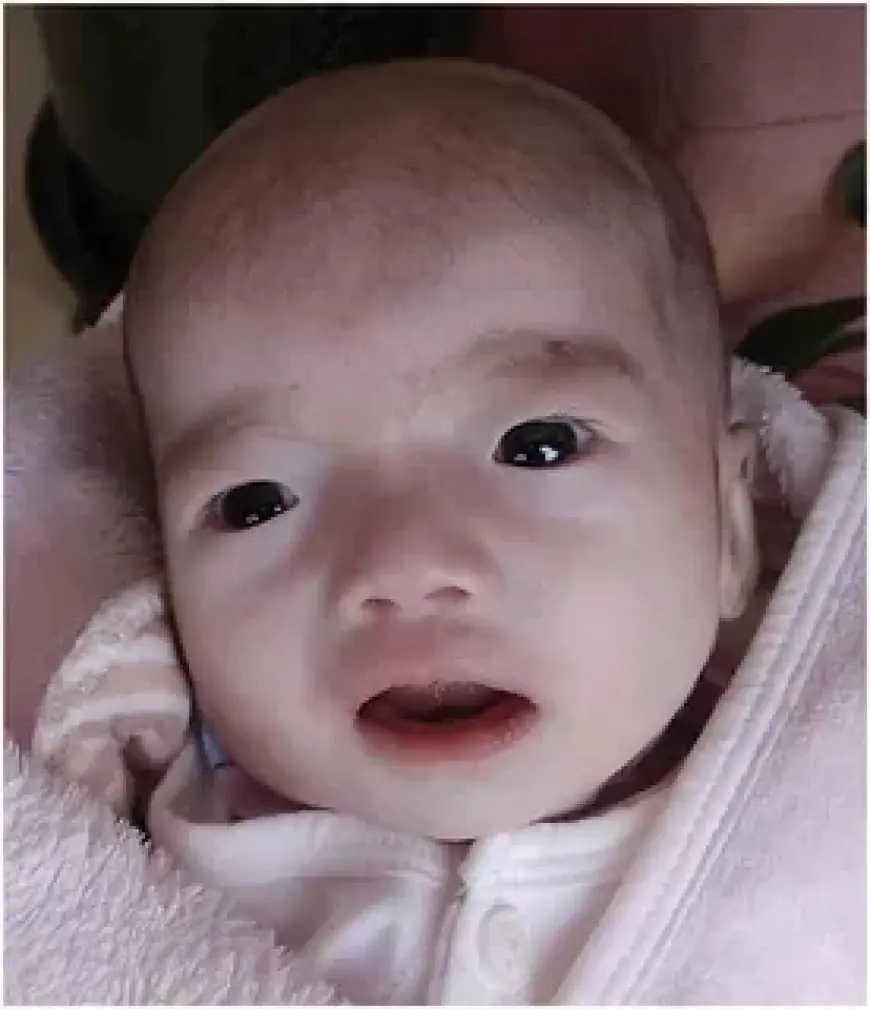
Introduction
The DiGeorge Syndrome Drug Market focuses on the development, production, and commercialization of therapies aimed at managing and treating DiGeorge syndrome, also known as 22q11.2 deletion syndrome. This is a rare genetic disorder caused by a small deletion in chromosome 22, leading to a variety of health complications, including congenital heart defects, immune system deficiencies, cleft palate, delayed development, and behavioral or psychiatric disorders.
The Global DiGeorge Syndrome Drug Market Size is Expected to Grow from USD 365.38 Million in 2024 to USD 723.90 Million by 2035, at a CAGR of 6.41% during the forecast period 2025 To 2035
Get more information: https://www.sphericalinsights.com/our-insights/digeorge-syndrome-drug-market
Leading Companies in the DiGeorge Syndrome Drug Market
1. Global Pharmaceutical Giants
These major players are typically profiled in broad market analyses as key stakeholders in the DiGeorge syndrome drug market:
· GlaxoSmithKline plc (GSK)
· F. Hoffmann-La Roche Ltd.
· Novartis AG
· Eli Lilly and Company
· AstraZeneca
· Pfizer Inc.
· Takeda Pharmaceutical Company Limited
· Bristol-Myers Squibb
· Sanofi
· Johnson & Johnson Services, Inc.
· Bayer AG
· AbbVie Inc.
· Merck & Co., Inc.
· Amgen Inc.
· Sun Pharmaceutical Industries Ltd.
· Teva Pharmaceutical Industries Ltd.
· Novo Nordisk A/S
· Daiichi Sankyo Company, Limited
· Bausch Health Companies Inc.
These players are cited mainly through comprehensive market studies that cover pharmaceutical activity related to DiGeorge syndrome—including supportive treatments, diagnostic technologies, and broader rare-disease drug pipelines—though not all may currently have active DiGeorge-specific products.
2. Companies Advancing DiGeorge-Specific Therapies
• Zynerba Pharmaceuticals
· Developer of Zygel (ZYN002), a transdermal cannabidiol gel targeting neuropsychiatric symptoms associated with 22q11.2 deletion syndrome.
· Actively in clinical trials, demonstrating symptom improvements in anxiety and behavioral assessments.
• Nobias Therapeutics
· Innovator of NB-001 (fasoracetam), a non-stimulant oral modulator of metabotropic glutamate receptors, designed to address neuropsychiatric symptoms in DiGeorge syndrome.
· Received FDA Rare Pediatric Disease Designation and Orphan Drug Designation in December 2024.
· Phase II trial top-line data (October 2023) showed safety and tolerability, supporting progression toward registrational trials.
· Developing RVT-802, a tissue-based regenerative therapy (donor thymus cultured tissue) for congenital athymia—a life-threatening immunodeficiency in complete DiGeorge syndrome.
· RVT-802 has received FDA regenerative medicine designations, and Biologics License Application remains under review following resubmission.
· Associated with pipeline therapeutic Metyrosine, cited in key company listings and emerging therapy portfolios for 22q11.2 deletion syndrome.
· Beginning a pivotal Phase III trial for ZYN-002 in 2025. This indicates ongoing development interest even beyond Zynerba's direct efforts.
3. Emerging Innovators & Academic Ventures
· Herophilus is listed among companies with early-stage pipeline activity for 22q11.2 deletion syndrome.
Combining both broad-market coverage and specific therapeutic development efforts, here is a compiled list of approximately 20 prominent organizations contributing to the DiGeorge syndrome drug landscape:
1. GlaxoSmithKline (GSK)
2. F. Hoffmann-La Roche
3. Novartis AG
4. Eli Lilly & Co.
5. AstraZeneca
6. Pfizer Inc.
7. Takeda Pharmaceutical
8. Bristol-Myers Squibb
9. Sanofi
10. Johnson & Johnson
11. Bayer AG
12. AbbVie Inc.
13. Merck & Co.
14. Amgen Inc.
15. Sun Pharma
16. Teva Pharma
17. Novo Nordisk
18. Daiichi Sankyo
19. Bausch Health
20. Zynerba Pharmaceuticals
21. Nobias Therapeutics
22. Enzyvant Therapeutics / Roivant / Sumitomo Dainippon Pharma
23. HARMONY BIOSCIENCES
24. Herophilus
Top 20 Companies in DiGeorge Syndrome Drug Market 2025:
· Zynerba Pharmaceuticals, Inc. – Developing Zygel (ZYN-002), a transdermal cannabidiol gel targeting behavioral symptoms of 22q11.2 deletion syndrome
· Nobias Therapeutics, Inc. – Developing NB-001 (fasoracetam) for neuropsychiatric symptoms
· Bausch Health Americas, Inc. – Associated with the therapeutic Metyrosine for 22q11.2 disorders
· HARMONY BIOSCIENCES – Initiating pivotal Phase III trials for ZYN-002 in 2025
· Enzyvant Therapeutics / Sumitomo Dainippon Pharma – Developing RVT-802 (regenerative thymus tissue therapy) for immunodeficiency in complete DiGeorge syndrome
6. Pfizer Inc.
7. Eli Lilly and Company
8. F. Hoffmann-La Roche Ltd.
9. Novartis AG
10. GlaxoSmithKline plc (GSK)
11. Cerecor, Inc.
12. Natera, Inc.
13. Boehringer Ingelheim International GmbH
14. AbbVie Inc.
15. Amgen Inc.
16. Progenity, Inc.
17. Sumitomo Dainippon Pharma Co., Ltd. (as part of Enzyvant collaboration)
18. Aevi Genomic Medicine, Inc.
19. Angimmune LLC
20. CELGENE (Bristol-Myers Squibb)
Buy Now: https://www.sphericalinsights.com/checkout-insights/2932
Overall Market Context
· The DiGeorge syndrome drug market is projected to grow steadily—Data Bridge forecasts a CAGR of ~6.5% (2025–2032), while BioSpace estimates a CAGR of ~4.9% (2025–2035).
· Market growth drivers include:
o Advancements in diagnostic tools (NGS, CMA).
o Increased awareness and earlier detection.
o Rising investments in orphan and rare disease R&D.
o Government support and rare-disease funding programs.
Why It Matters
DiGeorge syndrome lacks any approved curative treatment, but several promising targeted therapies are in active development. Companies like Zynerba, Nobias, Enzyvant, and HARMONY are pioneering clinical-stage efforts aimed at specific symptoms—particularly neuropsychiatric and immunological challenges—that define this complex genetic disorder.
Meanwhile, many established pharmaceutical players are influential in the broader rare disease and orphan drug ecosystem, providing infrastructure, research capital, and potential future investment partnerships.
Related URL:
|
https://www.sphericalinsights.com/our-insights/golf-cart-market |
|
https://www.sphericalinsights.com/our-insights/iot-security-market |
|
https://www.sphericalinsights.com/our-insights/accounting-software-market |
|
https://www.sphericalinsights.com/our-insights/accounts-receivable-automation-market |
|
https://www.sphericalinsights.com/our-insights/banking-system-software-market |
Conclusion
The DiGeorge Syndrome Drug Market is poised for steady growth in the coming years, driven by advancements in genetic diagnostics, rising awareness of rare diseases, and increasing investments in targeted therapies. While there is currently no definitive cure for DiGeorge syndrome, ongoing research and clinical trials are paving the way for innovative treatment options, including gene therapies, regenerative tissue-based products, and symptom-specific drugs.
Key market players, such as Zynerba Pharmaceuticals, Nobias Therapeutics, Enzyvant Therapeutics, Pfizer, Novartis, and GSK, are actively focusing on the development of novel therapeutics, supported by favorable regulatory frameworks like Orphan Drug Designation and Rare Pediatric Disease Designation. These initiatives are expected to accelerate drug approvals and improve access to life-changing treatments for patients.

What's Your Reaction?
 Like
0
Like
0
 Dislike
0
Dislike
0
 Love
0
Love
0
 Funny
0
Funny
0
 Angry
0
Angry
0
 Sad
0
Sad
0
 Wow
0
Wow
0








